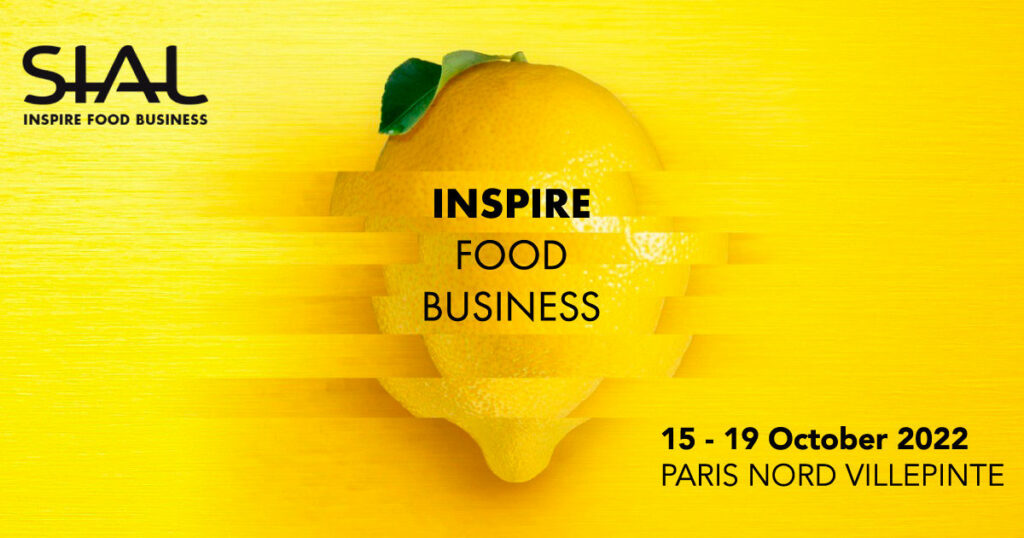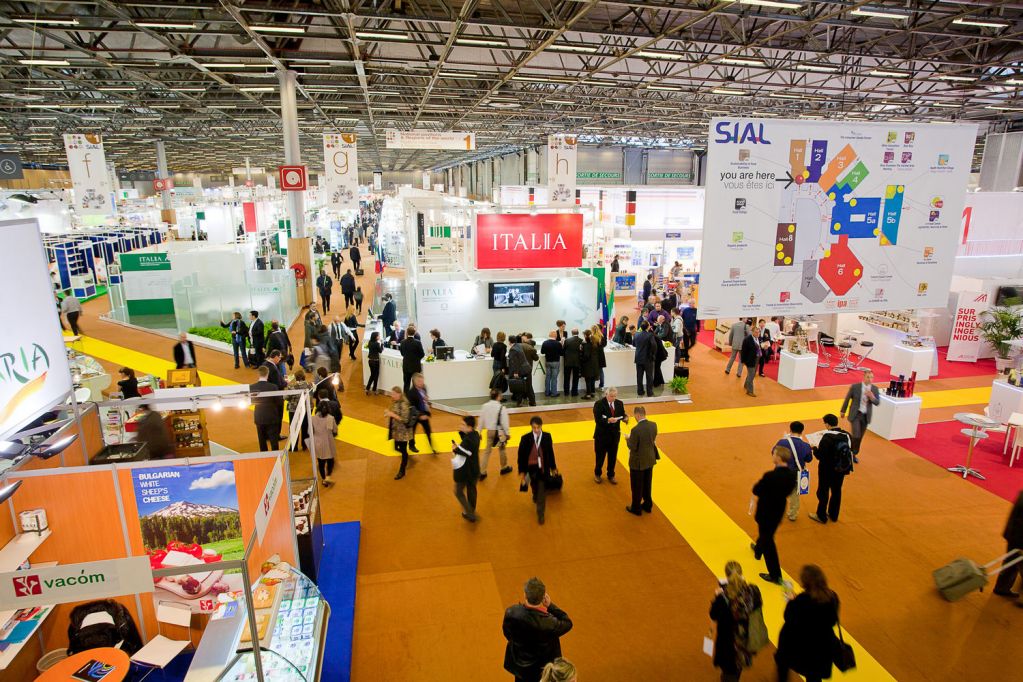SIAL FINDS BIG CHANGES IN CONSUMER ATTITUDES TO FOOD IN THE POST-COVID WORLD
Consumers are thinking hard about what they eat and are making choices that they believe will help to make the world a better place, research carried out for SIAL has found.
No fewer than 65% of people see choosing food as a civic duty that influences the type of world they live in, according to the Kantar Insights Food 360 Study 2022, the results of which are outlined in SIAL Insights ahead of the SIAL Paris show this October.
As well as thinking of the wider world, consumers are also looking after their own health when deciding what food to eat, with 67% having, over the past two years, changed their diet to make it healthier.
Environmental concerns are prominent too, with 36% saying they have altered their diets to take account of their impact on the planet.
Even the United States, where environmental concerns around food had been less prominent than in some other nations, is now seeing environmental concerns move up the list of consumer priorities.
“It should be noted that these concerns are spreading to areas that were previously reluctant to modify their behaviour, such as Asia and the Middle East, where more and more people are starting to take an interest in healthy, ecological, or local products,” the SIAL Insights report says.
The SIAL report states that in Europe there is a “flattening out” of responsible consumption, with what is being offered by the market now closely aligned to expectations.
Tying in with this, the popularity of organic food, which had increased in the last three surveys, was down slightly in 2022 overall, with notable declines seen in France and Spain.
Yet Italy, which already had some of the most environmentally conscious consumers, is seeing ever-greater commitment to ecological issues.
While many other factors are at play, the SIAL Insights study found that enjoyment drives food choices for no fewer than 71% of people, two percentage points up on the previous survey, while half of product innovations refer to enjoyment.
Temptation gets the better of many consumers, with almost half saying that they have turned to comfort foods with high fat, sugar or salt content during or since the pandemic.
The importance of value for money is also at the front of consumers’ minds, illustrated, the report states, by the plateau in the sales of organic produce, which is typically more expensive than produce grown using herbicides or pesticides.

While the pandemic did affect consumer behaviour with respect to food, it did not change the fundamental trends that were evident before Covid-19 emerged. It did, however, amplify some of these pre-existing trends.
The report highlights four key developments, the first of which relates to health, with consumers able to choose more natural products and ingredients.
A second issue is ethics, with people taking more of an interest in carbon footprints, where their food comes from, and how it was processed and transported. They are likely to expect producers to provide clear evidence that steps have been taken to safeguard the environment – but without prices going up.
Another trend centres on satisfaction, with consumers more than ever concerned about enjoying their food and making new discoveries.
Innovation in digital services in relation to food is a fourth trend, and one that creates new opportunities for products, and for providing consumers with information and advice.
The the Kantar Insights Food 360 Study has been carried out in partnership with SIAL Paris every year since 2012.
The survey covers 11 countries or regions, namely France, the United Kingdom, Spain, Germany, Italy, India, the United States, China, the Middle East, Southeast Asia (Indonesia and Malaysia) and Israel, which is featured for the first time.
This year’s survey was carried out before Russia’s invasion of Ukraine, an event that has had a major effect on food and energy prices and that may, as a result, lead to changes in consumer behaviour.
Among the findings of the 2022 survey is that, while more than six out of 10 consumers are prepared to pay more to eat better, such as more healthily or more sustainably, an increased number – 14% – say that they’re not prepared to do so. This figure is up two percentage points on the 2020 result.
“This significant minority was on the rise before the current crisis and may well be set to grow further if food prices increase in the long term,” the report states.
Seven out of 10 consumers still think that food may pose a health risk, with no fewer than 88% of people in China taking this view, an increase of nine percentage points.
A legacy of the lockdowns introduced as a result of the Covid-19 pandemic has been an increase in the number of consumers cooking at home, with 56% saying that they do this more than before.
An increase in the popularity of vegetarian or flexitarian diets has also been seen, with almost one in four consumers having reduced their consumption of animal products. Animal welfare is a concern for 41% of shoppers.
Another finding is that more than eight in 10 consumers think that the industry has made efforts to improve the quality of food.

The report also highlights the results of a separate survey, the Baromètre Mondial de l’innovation (global innovation barometer), which is carried out annually by ProteinesXTC.
This found that enjoyment was behind 47.8% of food innovations, while health accounted for 31.1%, ethics for 7.9%, fitness for 7.2% and convenience for 6.1%.
Among innovations, alcohol-free drinks accounted for 9.1%, up one percentage point on 2020, while savoury frozen foods were also attracting growing interest, accounting for 6.9% of innovations, up from 6.2% in 2020.
Further research, sourced from NPD and concerning out-of-home catering, found that the sector has still not returned to its pre-pandemic (2019) situation.
In 2021, full service restaurants in Europe experienced 4.5 months of closure on average, contributing to a 29% drop in spending and a 28% fall in patronage.
Spending remains down 11% and patronage is 14% lower than before Covid-19, although the average spend per visit is up 4%.
Among countries surveyed, only the United States has returned to its pre-pandemic (2019) levels of restaurant spending.
Given the current economic situation and the turmoil in Ukraine, it is perhaps unsurprising that 36% of consumers think things will get worse (up from 15% in the last survey), while 40% expect things to remain the same (down from 53%) and 21% expect the situation to improve (down from 29%).
There is also an increasing price sensitivity among consumers, with 78% believing that restaurant prices have increased since last year, and 55% saying that prices will affect their out-of-home dining habits.
Health concerns over dining out are still significant among European consumers, with 32% saying they would like to wait before going out to restaurants (down from 43%) and 40% (up from 34%) saying they are at risk of contracting Covid-19 in restaurants.
Another key trend is an increase in digital food ordering, with 22% of people aged 18 to 34, 18% of consumers aged 35 to 54 and 7% of those aged 55 and above planning to order more meals online.
There has also been a significant increase in sustainability practices among those offering out-of-home catering, in line with consumer concerns about buying locally, and reducing packaging and waste.
Join us at SIAL Paris as exhibitor Join us at SIAL Paris as visitor
